
Investigators are currently evaluating mosunetuzumab in relapsed disease or comparing it with rituximab in treatment-naïve follicular lymphoma.

Your AI-Trained Oncology Knowledge Connection!


Investigators are currently evaluating mosunetuzumab in relapsed disease or comparing it with rituximab in treatment-naïve follicular lymphoma.

When compared with endocrine therapy, radiation therapy improved quality of life and adverse effects data, the phase 3 EUROPA study showed.
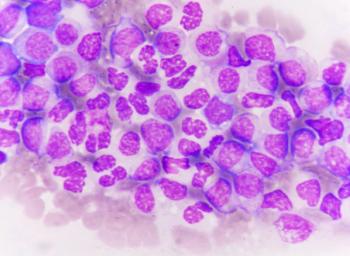
For patients with HMA–naive chronic myelomonocytic leukemia, an IO-202 combo demonstrated durable responses, a phase 1b study found.
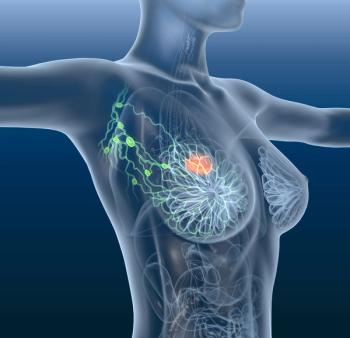
Analysis of NRG/RTOG 9804 and E5194 trials found tamoxifen significantly reduced invasive ipsilateral breast recurrence in patients with “good risk” DCIS treated without RT.

Active monitoring had similar rates of invasive cancer in the ipsilateral breast as guideline concordant care for the low-risk DCIS population.
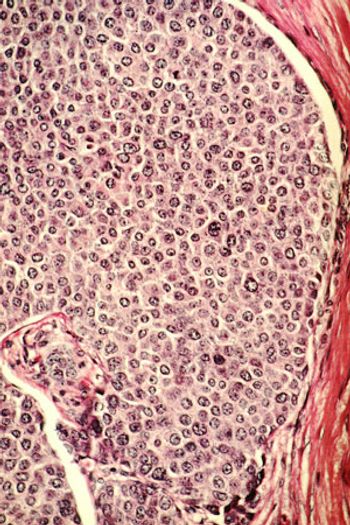
Real-world data from the P-VERIFY study didn’t find any notable OS improvements between multiple CDK4/6 inhibitor combos in metastatic breast cancer.
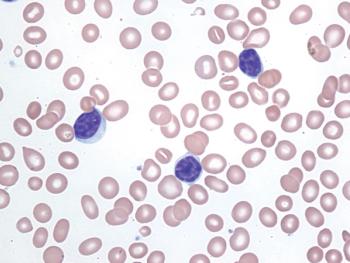

Real-world data show that CAR T-cell therapy may be considered for eligible patients with relapsed/refractory multiple myeloma harboring CNS involvement.
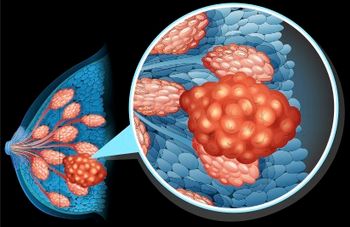

During an FDA Special Session, field experts talked about the NATALEE trial and further information gathering on adjuvant ribociclib in breast cancer.

Navtemadlin yields improvements in symptom score reductions ad spleen volume reduction among patients with relapsed/refractory myelofibrosis.
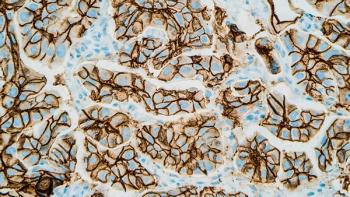
For patients with HR–positive/HER2-negative breast cancer, neoadjuvant patritumab deruxtecan with or without letrozole showed antitumor activity.

Data show no significant differences in pCR rates across treatment arms in the phase 2 FASCINATE-N trial.

Six-year data from the OlympiA trial support olaparib as a standard of care in BRCA-mutated, high-risk, HER2-negative primary breast cancer.

Time to next treatment was slightly higher with elacestrant for patients with HR+/HER2–, ESR1-mutant breast cancer vs PFS in a phase 3 trial.

For patients with hormone receptor-positive and HER2-low breast cancer, T-DXd elicited higher levels of PFS despite time to progression and disease burden.

Findings from a multi-institutional study show an increased risk of developing high-grade immune-related AEs among select older patients with early-stage breast cancer.

According to a retrospective study, patients with the BRCA gene who underwent risk-reducing mastectomy/salpingo-oophorectomy had improved survival outcomes.
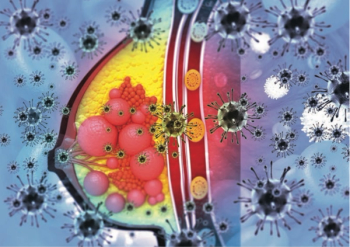
Data from KEYNOTE-522 show improved efficacy with pembrolizumab/chemotherapy across subgroups of patients with TNBC.

Meta-analysis data show moderate decreases in distant recurrence and breast cancer mortality with immediate surgery after longer follow-up.
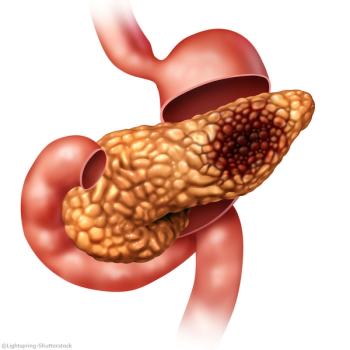
AI may open pathways to locate pancreatic cancer earlier and in higher-risk patient subgroups, according to Debiao Li, PhD, and Stephen Pandol, MD.

NFKB1 rs230511 genetic variant improves treatment outcomes for patients with polycythemia vera and essential thrombocythemia.
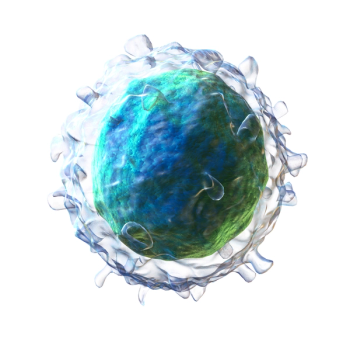
Phase 3 data support tafasitamab plus lenalidomide/rituximab as a potential new standard of care in patients with relapsed/refractory follicular lymphoma.

An artificial intelligence model may help move patients into treatment pathways for pancreatic cancer quicker, says Russell C. Langan, MD, FACS, FSSO.

Autologous transplant did not confer significantly improved overall survival regardless of induction intensity in a phase 3 trial.

Pirtobrutinib sustained BTK inhibition and improved progression-free survival in patients with CLL and SLL, data from the phase 3 BRUIN CLL-321 trial showed.
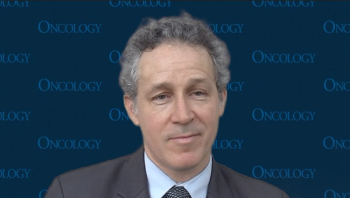
Compared with second-generation tyrosine kinase inhibitors, asciminib was better tolerated in patients with chronic myeloid leukemia.

Long-term ORR, DOR, PFS, and OS data from the phase 2 Zuma-5 trial supports the use of axi-cel use in relapsed/refractory indolent Non-Hodgkin lymphoma treatment.

Lisaftoclax with pomalidomide and dexamethasone elicited positive efficacy and safety outcomes in relapsed/refractory multiple myeloma.
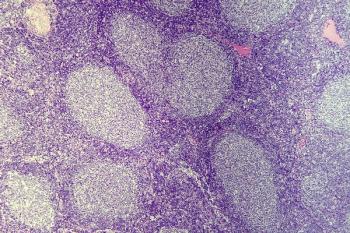
Regardless of high-risk features, brexucabtagene autoleucel demonstrated positive and durable responses in BTK-naive MCL.